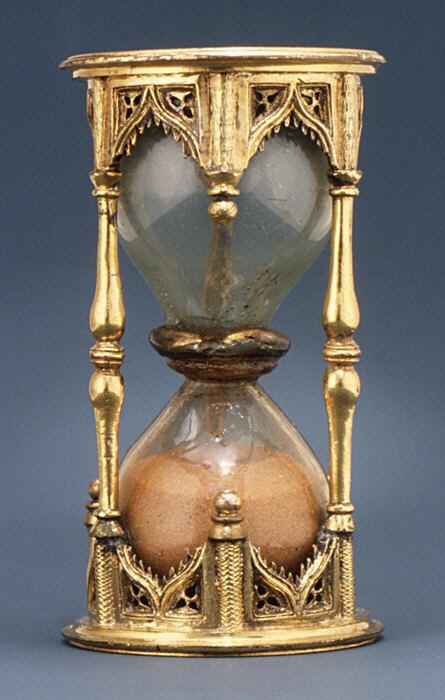On Jan. 13 Canadians were invited to give their opinion about several items in the law regulating medical assistance in dying (MAID). You have a few more days to consider the information and respond to an important piece of legislation that could affect your future.
Assisted suicide became legal in Canada in 2016, under a strict set of circumstances which take into account the person’s mental competence, physical condition and provide a 10-day waiting period.
Read about that law here: www.canada.ca/en/health-canada/services/medical-assistance-dying.html#a2
Since then Canada’s law has been challenged to loosen some of those regulations.
On September 11, 2019, the Superior Court of Québec found (Truchon v. Attorney General of Canada) that it was unconstitutional to limit access to MAID to people nearing the end of life. The Court’s ruling will come into effect on March 11, 2020, unless an extension is granted by the Court.
Minister of Justice and Attorney General of Canada David Lametti said, “Our Government has committed to updating Canada’s legislation on medical assistance in dying in response to the Superior Court of Québec’s decision in Truchon v. Attorney General of Canada. We have a responsibility to do this in a way that is compassionate, balanced, and reflects Canadians’ views on this important issue. The consultations we are launching today will allow us to hear directly from Canadians and guide the path forward.”
While this ruling only applies in the province of Quebec, the Government of Canada has accepted the ruling and has committed to leading an immediate and inclusive process to work with provinces and territories to respond to the recent court ruling regarding the medical assistance in dying framework.
Minister of Health Patty Hajdu said, “Canadians who are deciding whether they wish to receive medical assistance in dying are often experiencing prolonged suffering. Their situations are diverse, and extremely personal. Accessing medical assistance to die raises questions about how a person’s autonomy to make this choice is respected while their safety is protected.”
Hajdu hopes people will participate in this consultation. “I look forward to hearing from people across the country about how to respond to the Court’s decision. I encourage Canadians to participate in the consultation process so the government can proceed with the safety and autonomy of Canadians at the centre of our work.”
Canadians and interested stakeholders are invited to share their views through an online public consultation, which will be open until January 27, 2020, on key issues such as eligibility, safeguards and advanced requests.



